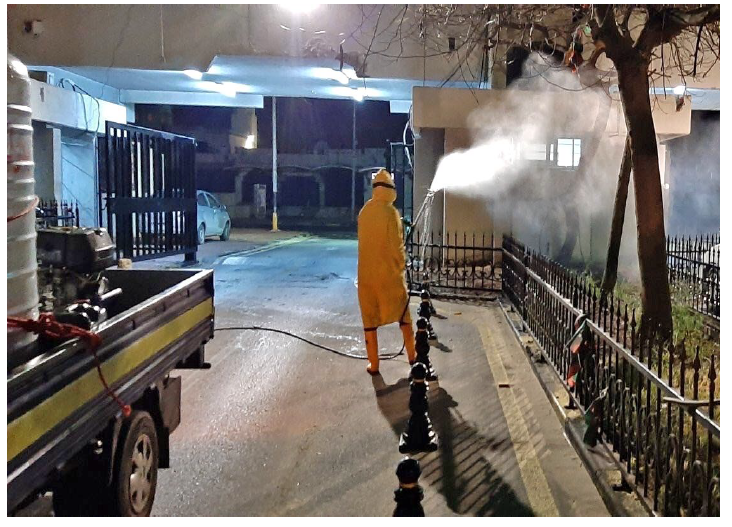The complex Libya context is characterised by escalating armed conflict, widening political polarisation, heightened inter-communal tensions and increased militarisation.
PCi developed a methodology which provides a systematic understanding of the range of capacities, responsibilities and functions within municipalities in east, west and south Libya in 2019. As a result, PCi produced 11 capacity assessments, working alongside municipal staff, that identified the strengths and weaknesses of these municipal administrations.
The subsequent dispersal of 22 grants (2 per municipality) sought to assist municipal staff strengthen specific areas, to promote a more cohesive and coordinated approach to municipal administration; as well as support municipalities to be more responsive to issues arising in their area. The methodology was supported by the Ministry of Local Government.
Municipal staff also convened consultations with civil society including representatives from the education and health sectors; this helped to improve understanding of the municipality’s work but also facilitated community participation in discussions on municipality priorities, contributing to improved legitimacy and trust. The Abu Salim municipality identified the health sector as a priority.
The arrival of COVID-19 in Libya in March 2020, presented another significant challenge to all levels of government, to both manage the pandemic and maintain legitimacy and trust. PCi’s Project Officer said: “When the first case of COVID-19 was identified in March 2020, Abu Salim Municipality staff carried out a rapid assessment that revealed a shortage in sterilisation supplies for hospitals and health clinics and used one of two PCi grants to buy over 30,000 litres of sterilisation materials. Subsequently volunteers were mobilised by the municipality’s Health Service Office to carry out bi-weekly sterilisation in health facilities, which provide services to thousands of people, reassuring citizens and supporting long-term stability in the area and demonstrating solidarity with all communities living in the municipality.”




